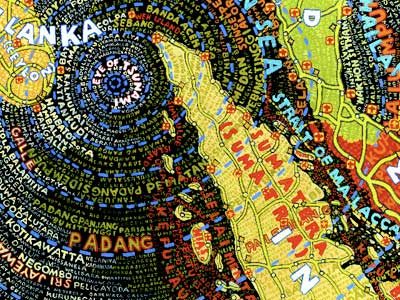Communities are changing!
Just like our wardrobes are changing because fashion is subject to trends. Our customs and cultures we share are constantly being modified. Sometimes the change is slow and hard to notice. Sometimes social revolutions strike suddenly and rapidly.How are the communities changing and what are the factors that triggered the process?

But with the rapid development in information and communication technologies supported by globalization and increased social mobility, we were pushed into the 'Digital Age' - 'age of open systems'.
 "Cyberspace has become a new kind of social terrain, crowded with ‘virtual communities'" (Anderson 1999). Geography is no longer the predominant force in shaping community. Most of the communities are fluid, some are placeless. People became multi-community individuals with many kinds of memberships.
"Cyberspace has become a new kind of social terrain, crowded with ‘virtual communities'" (Anderson 1999). Geography is no longer the predominant force in shaping community. Most of the communities are fluid, some are placeless. People became multi-community individuals with many kinds of memberships.However, "whatever benefits may be found in the information society, revival of 'community' is not one of them. At least not community as the traditional nostalgic, and incontrovertibly good product of our imaginations" (Smith 1995).
Is it possible to have a sense of community without a sense of place, without anchoring it in locality and/or personal face to face interaction?
References:
Smith, G. (1995) Virtual Community in Real Reality [Online]. Available at: http://www.partnerships.org.uk/itf/virtreal.html (Accessed: 10 November 2009).










